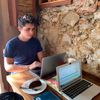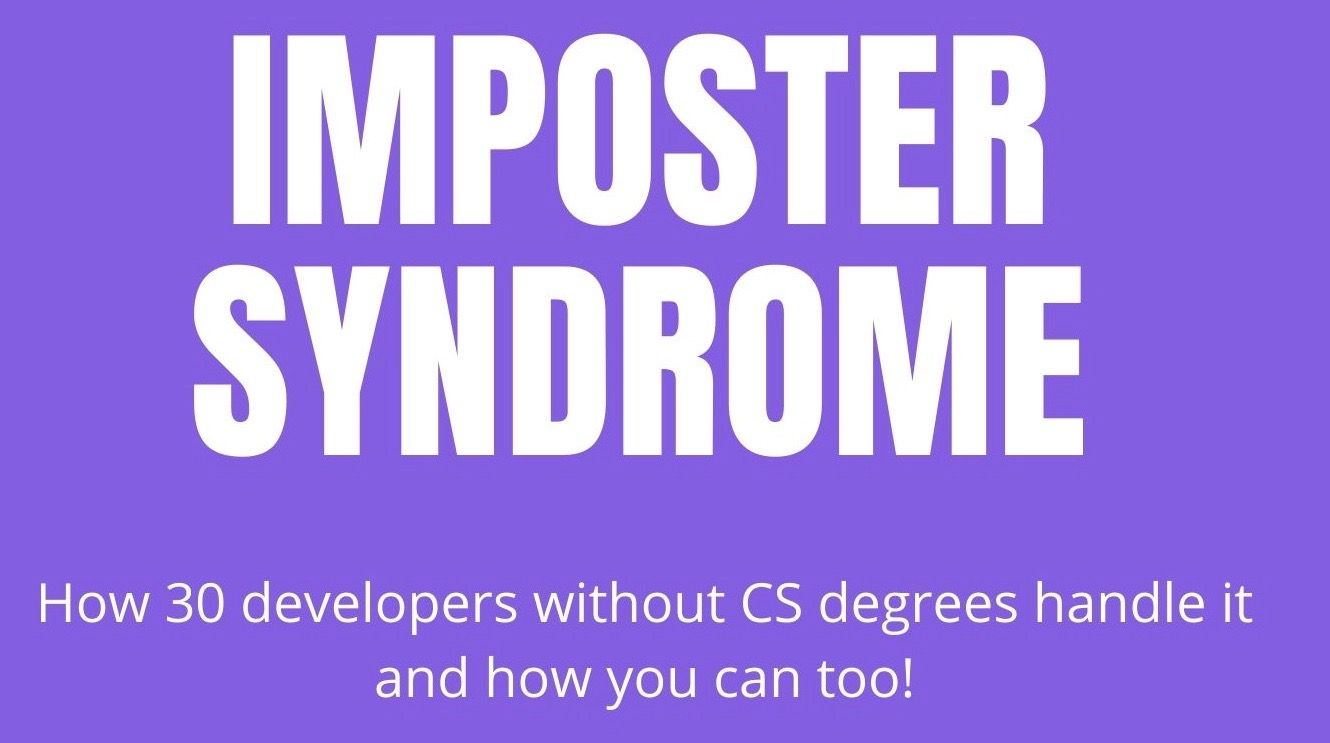Guilherme Rizzo is the self-taught founder of CSS Scan. It lets you inspect the CSS of a webpage and click and copy it for your own project. He's made $70,000 in the last year from CSS Scan while travelling in Asia. CSS Scan is a lot quicker than using Dev Tools and you can use it in other browsers besides Chrome. I use it a lot! it's great to be able to ask Guilherme some questions about how he learned to code and making CSS Scan . As well as his experience leaving Brazil to travel the world with only a Mac mini .
Hey, so can you give us a short introduction for people who want to know more about you?
I’m Guilherme Rizzo and I'm 21 years old (it’s my birthday today!!). I’m from Brazil but now I’ve been traveling around the world for over a year. I have made a browser extension called CSS Scan . You can check or copy the CSS code of any element you see on the internet, by moving your mouse over it. So far I’ve made over $70,000 in revenue with it and that’s my full-time job, along with CSS Scan Pro - its premium version).
I love CSS Scan! Why did you decide to create it?
I was always interested in what border-radius and box-shadow some elements had. So, inspired by WhatFont? I created this extension that means when you hover your mouse, you instantly get the CSS of the element. You can copy everything with a single click.
So you don’t have to dig into many panels in the dev tools. Do you like this button? Just click and copy. Or, study how its made, and learn CSS on the way. It’s a great learning tool for beginners and a real time-saver for advanced users.
What have you learned since coding CSS Scan?
Coding CSS Scan was fun! I recorded all the development of the first version.
I learned how to develop Chrome extensions, firefox add-ons, and Swift. I needed to learn them to create the Safari App Extension. A lot of javascript and optimizations techniques. But I learned much more about business.
If you don’t have a CS degree, how did you learn coding? Did you do any particular courses or bootcamps?
I learned programming by creating 2d games. When I was 9 years old, my friend gave me a DVD with a software called RPG Maker XP. It was a very cool tool to create 2d games (mostly RPGs). So I started developing those games. My first game was hugely criticized because it looked weird but I kept going and got better.
After one or two years, I needed to create a website for my game so that’s when I first heard about HTML and CSS. While I was creating my games for fun and for my friends, I realized I could build things that could help my city, my country or even the whole world.
So I began to make friends on the internet and started to make websites/apps with them, and learning programming on the internet along the way. We tried a lot of things and most of them failed. We created more than 6 websites together - that was when I learned how to code.
In 2017 I joined a national competition by Google for high school students in Brazil called “Maratona de Aplicativos”. We had to develop an educational app. Me and my friends developed an app that helped parents with autistic children to organize a routine with in-app interactive exercises. It's name is Teacch.me, it was later discontinued but still exists on the Android's Play Store. After a lot of work, happily we won the competition. By winning it, we got free tuition at a Brazilian university called FIAP, a notebook, printer, tablet, etc…
Inspired by the TV Show "Silicon Valley" we all moved to Sao Paulo to start a fashion company. Some of us also enrolled in university. I was one of them. We met a lot of people in that city and learned a lot together. It's a game-changing experience to live in the same house with friends that share your interests. I have great memories about that, and it turned out better than I thought.
I started studying Information Systems at university but I decided to change to Marketing one year later. I ended up dropping out of that 10 months later too. So, I learned coding by doing projects and businesses.
What advice would you give to people wanting to get into coding but don’t have a CS degree?
The Codecademy courses helped me a lot. For real. Especially the Javascript one. I strongly recommend it. And also, make stuff. For you, for your friends, for your city, anything. The more you practice it, the more you’ll learn, everybody already says this.
Remember that you can do anything you want. But there are 3 levels of "want". I want, I will, and I commit myself. Commit yourself to learn and make it happen. Just like Pete committed himself to get an IndieHackers podcast.
You took off and went travelling armed only with a Mac Mini! Do you have any advice for developers that want to go nomad and work from anywhere?
If you feel and genuinely believe you can, I’d say: just do it. Because I felt the same feeling, even when my family and some friends were against it. I felt that nothing could stop me and that it would work because I’d make it work. I’m also young so it’s easier to do these kinds of things.
By the way, that’s the way I did. If you don’t think that it would be good for you, you can wait for a safer environment. By saving money, doing freelance, working on side-projects, etc. Don’t wait for the perfect moment - there isn’t one .
Have you ever had imposter syndrome and if so, how have you dealt with it?
Yes, sometimes. I always look back to times that I was and felt successful, and I try to remember how I felt, what I did, why I was successful. I do that once a month. If you start doing that you’ll feel better with yourself too.
What are the new features in the latest release of CSS Scan?
So, one-time payment for browser extensions is already proved to work, as I did with CSS Scan. Now I’m trying to play in a different game which is subscriptions. I build CSS Scan Pro because I felt CSS Scan already did it’s purpose very well, but I felt it was limited to the click-to-copy CSS functionality.
CSS Scan Pro is the definitive browser extension to work with web design, so with it, you can:
- Pick any color from any website (works on images too)
- Get the whole color palette of the website in an instant
- Precisely select any element with the DOM control (with arrow keys to go up and down - parents, children, siblings, etc)
- Understand any CSS animation you see on the web by reading CSS keyframes
- Measure distances and elements with a real-time advanced ruler
- Scan all pseudo-classes and pseudo-elements (while Basic only scans the pseudo-class :hover)
- Check all the changes made in the CSS and copy it or export it to a file
- Visualize guidelines to check alignments
- Scan inherited styles (it gets font-size, font-weight, and other properties that Basic can't catch)
Awesome! Well, thanks a lot for interview. And Happy Birthday!
Thank you so much, Pete, for this opportunity. And thank YOU for reading this interview, appreciate it! If you have any questions or want to chat, feel free to reach me through Twitter .



